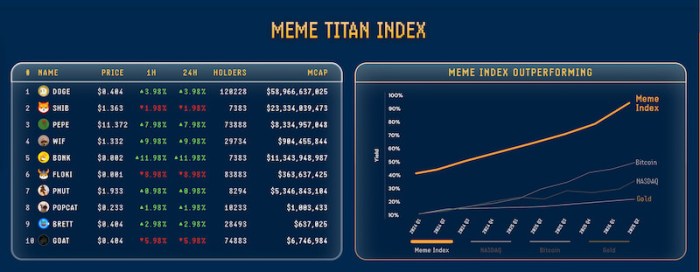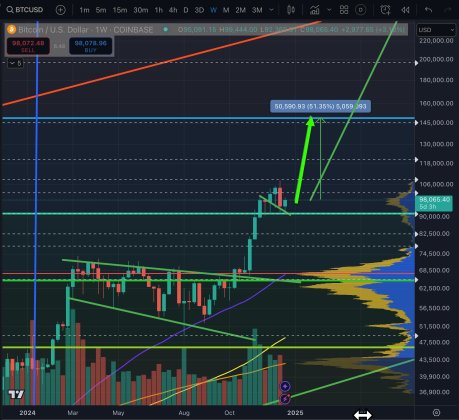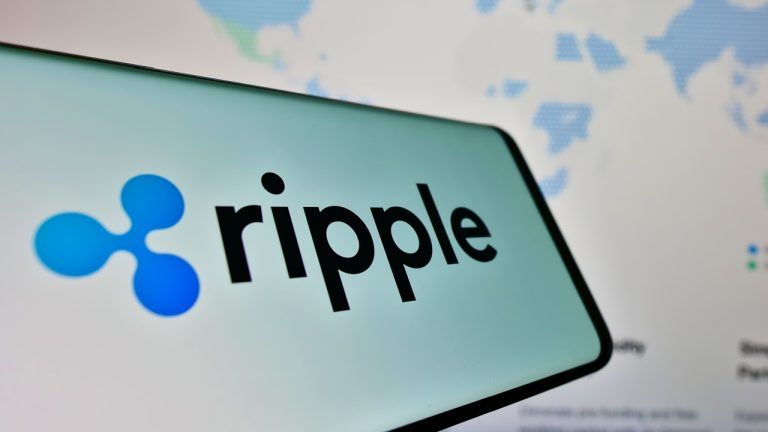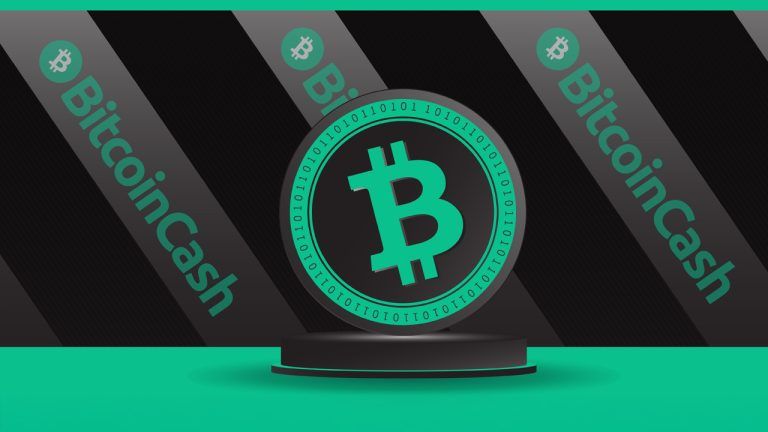
Crypto adoption in the real estate market could see fractional property ownership becoming more popular.
Fractional ownership of buildings and property developments is becoming one of the adoption areas for blockchain technology in the real estate business. From democratizing access to real estate investment to improving liquidity in the market, there is an argument to be made for tokenization being a net positive for the real estate space.
Tokenization via fractional real estate investment is also another example of the emerging “sharing economy” that seems to be encouraging crowdfunded ownership, a trend that could help to decentralize the global asset market across several sectors.
With Millennials, the maiden generation of digital natives entering their peak spending years, the digitization of the real estate market could see greater interaction in the market from this particular demographic.
However, as is the case with fractional ownership as a whole, tokenized real estate investing does come with its share of drawbacks. Given the novel nature of the enterprise, financing options can often be limited, leading to less liquidity in the market and an overall flexibility deficit.
Initial fraction offering
As previously reported by Cointelegraph, Fraction, a subsidiary of Hong Kong fintech firm Fraction Group, received regulatory approval from Thailand’s Securities and Exchange Commission to trade tokens representing fractional ownership of physical and digital assets.
While the approval covers tokenized investments in physical and digital goods, Fraction’s first focus is on fractional real estate investment and will reportedly utilize an initial fraction offering (IFO) vehicle.
According to the company’s announcement back in September, IFOs will provide easier entry into the high-end real estate market for prospective investors. IFO tokens will represent fractional ownership of luxury real estate listings for as low as $150, presumably lowering the barrier for greater participation in the market.
Back in January, Fraction listed its first property on its proprietary exchange platform, a condo unit located in On Nut, Bangkok, Thailand. According to details on the company’s website, the process involved the total digitization of the title deed followed by the fractionalization of the ownership of the property before offering tokenized ownership of these fractions via an IFO.
Speaking to Cointelegraph, Josh Stech, co-founder and CEO of Sundae — a digital residential real estate marketplace platform — highlighted the merits of tokenization and fractional ownership in the market. “Investing in residential real estate is one of the biggest opportunities for wealth creation, and sadly, it’s accessible mainly to the wealthy,” Stech said, adding:
“Tokenizing residential real estate on blockchain has the promise to provide efficient and open access to the largest asset class in the U.S. not just for younger people but for anyone who wants to invest in real estate without having the funds for an entire property transaction.”
By leveraging crypto and blockchain technology, Stech stated that tokenization will serve to lower the entry barrier for investors into fractional real estate investment. “While real estate investment funds and platforms provide fractional investment opportunities, they are hard to find, hard to evaluate, illiquid and accessible to accredited investors only,” the Sundae CEO added.
A slow start
Real estate tokenization is still in its infancy and remains a niche aspect of the market. However, industry insiders say there is potential for massive growth with British accounting network Moore Global estimating that the tokenized real estate market could achieve a $1.4-trillion valuation by 2026 on the back of tokenizing only 0.5% of the current global property market.
While the tokenized real estate space does show some promise, there are a few significant issues that need to be addressed. Lack of liquidity especially in the secondary market, institutional hesitancy and absence of regulatory clarity are among some of these major hurdles.
Related: Tokenized Real Estate Hasn’t Lived Up to the Hype: Property Researcher
According to Tal Elyashiv, founder and managing director of blockchain-focused venture capital firm SPiCE VC, fractional real estate ownership via tokenization still has a long way to go. Elyashiv told Cointelegraph:
“I believe that to propel the real estate tokenization market, we will need to see some more institutional comfort level with tokenized assets, which is coming. The market is already seeing an influx of institutional-grade projects. The market also needs to experience innovation in the area of dedicated real estate platforms, which allow investing in tokenized real estate assets without investors having to deal with the underlying blockchain complexity.”
The SPiCE VC founder added that these dedicated platforms that deal in tokenized real estate assets are essential for improving liquidity in the market. According to Elyashiv, such platforms will make token-based real estate investing more intuitive.
A few notable examples
For now, tokenized real estate remains fragmented with different projects providing their own somewhat limited platforms while navigating sometimes vague regulatory provisions. However, there have been a few notable developments in the market.
In the summer of 2020, Overstock’s regulated tZERO exchange platform started trading a security token that represented fractional ownership of a luxury resort in Colorado. The launch attracted record trading volume at the time, but the initial enthusiasm was likely dampened by the market slowdown occasioned by the coronavirus pandemic.
In September, RealX, a fintech firm based in Pune, India, launched a blockchain-based registry system to enable fractional property ownership in the country. According to a previous Cointelegraph report, tZERO also partnered with real estate crowdfunding company NYCED Group to tokenize $18 million worth of properties.
Related: tZERO to tokenize $18M of stock for the ‘Robinhood of real estate investing’
Growing demand for fractional ownership could be the trigger that spurs greater adoption of tokenized real estate. With Millennials coming into their own in terms of being the dominant consumer demographic in the world, investment vehicles steeped in the ethos of the sharing economy could become even more popular within the next few years.
The current rise of the sharing economy appears to be at least in part due to the pivot toward access rather than the ownership framework that characterizes the older economic model. This preference for access-based services has in some way contributed to the success of neo-businesses such as ride-hailing, content crowdfunding, streaming service for entertainment, among others.
With cryptocurrencies, service providers and the millennial consumer class probably have a suitable mechanism to drive token-based fractional ownership.

You can get bonuses upto $100 FREE BONUS when you:
💰 Install these recommended apps:
💲 SocialGood - 100% Crypto Back on Everyday Shopping
💲 xPortal - The DeFi For The Next Billion
💲 CryptoTab Browser - Lightweight, fast, and ready to mine!
💰 Register on these recommended exchanges:
🟡 Binance🟡 Bitfinex🟡 Bitmart🟡 Bittrex🟡 Bitget
🟡 CoinEx🟡 Crypto.com🟡 Gate.io🟡 Huobi🟡 Kucoin.




















Comments